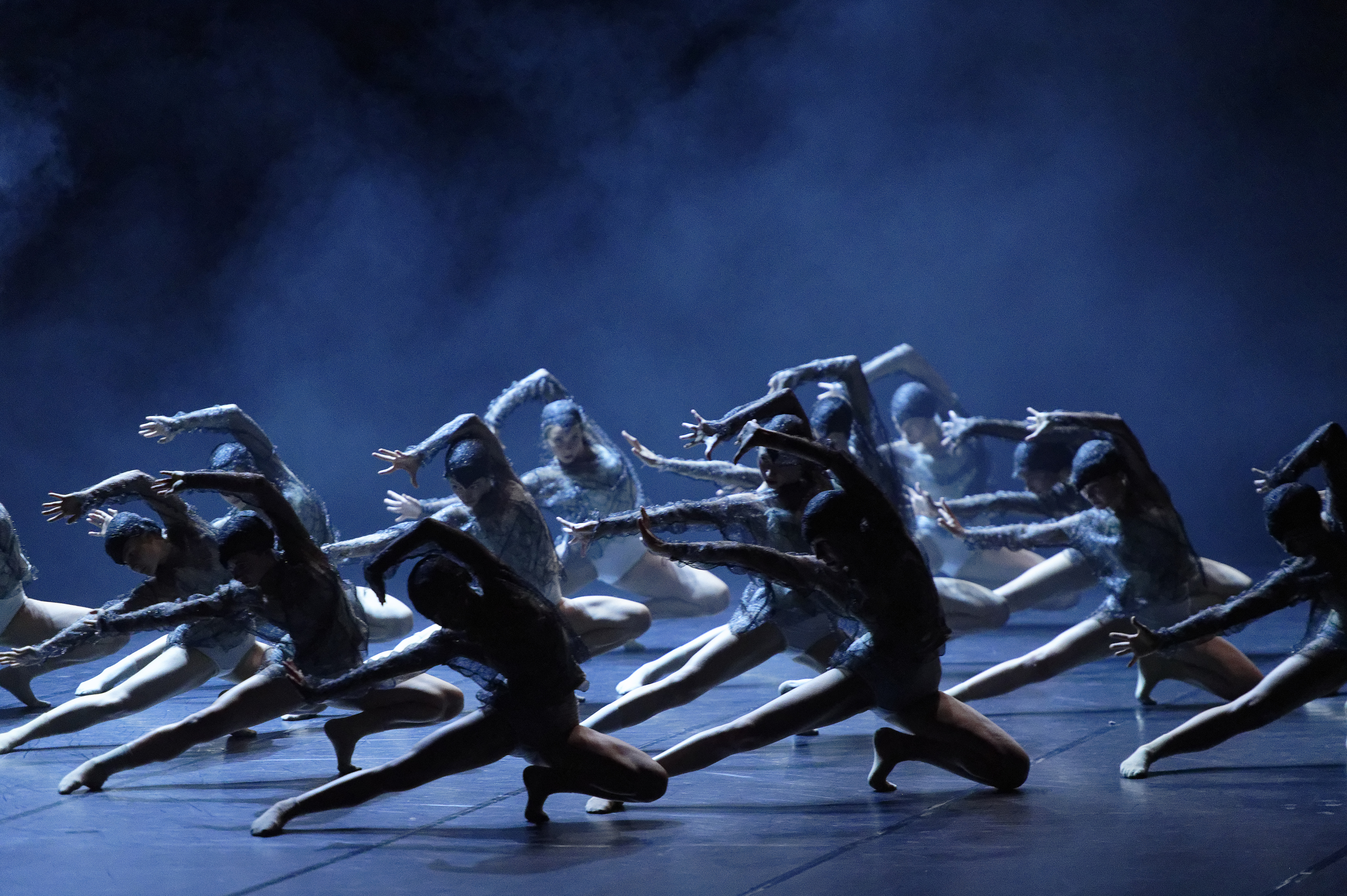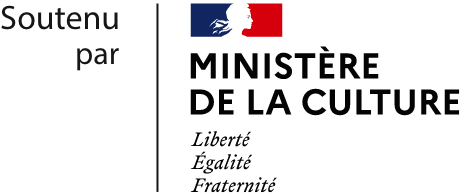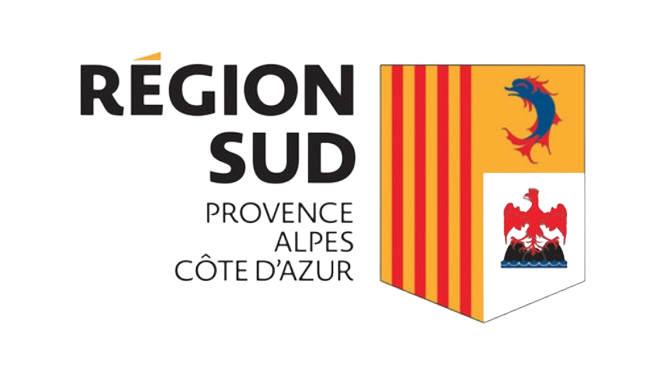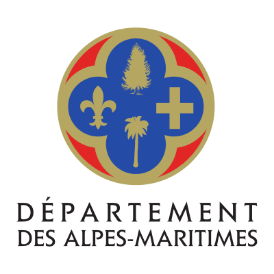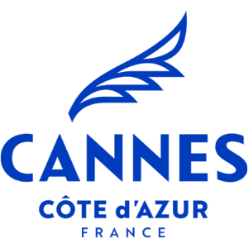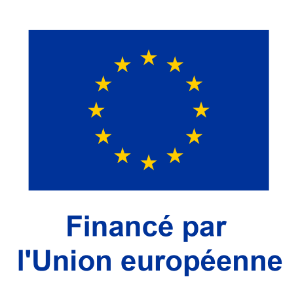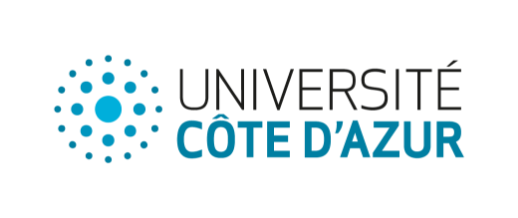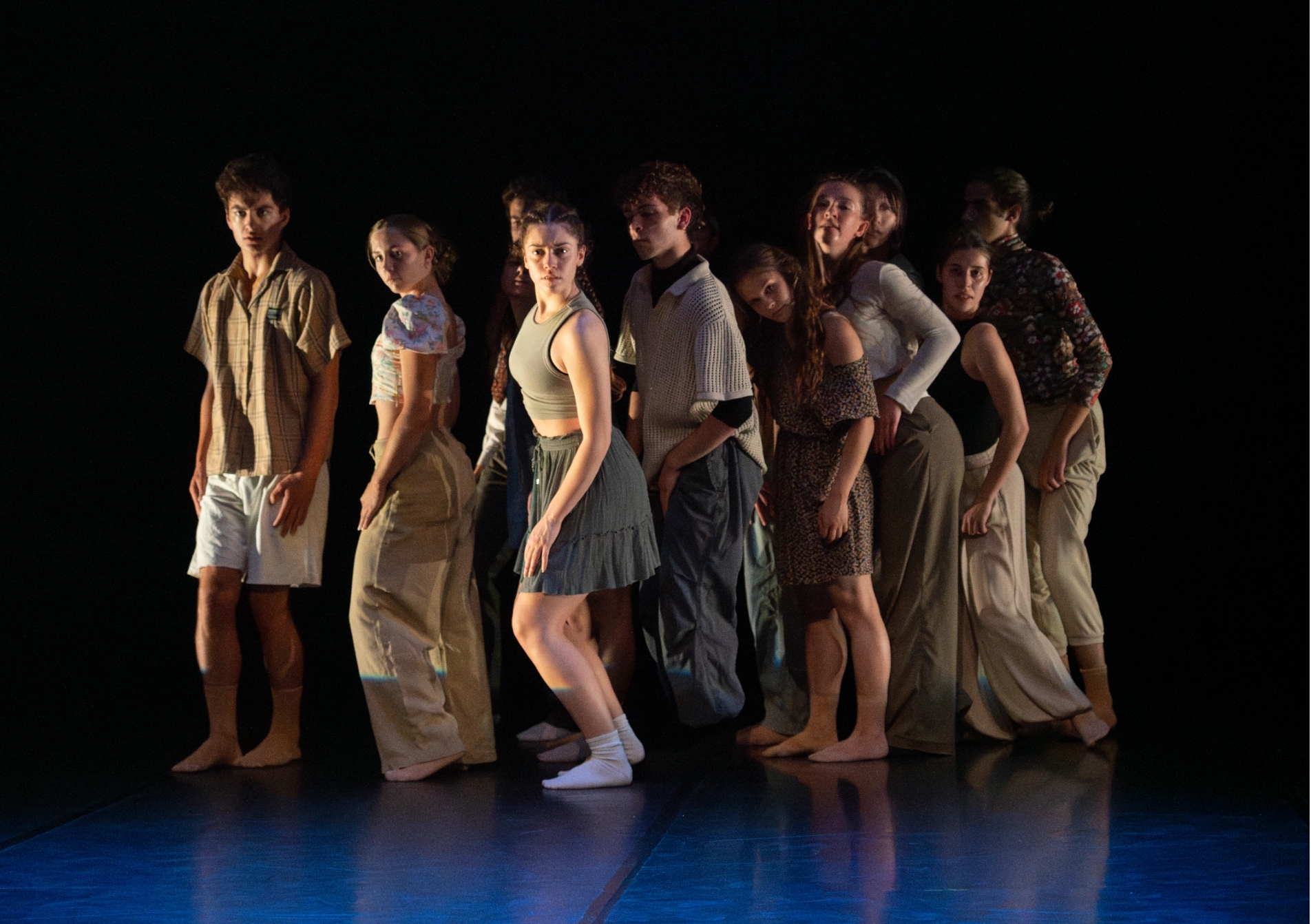
DNSP DANCER
The dancers’ curriculum at PNSD Rosella Hightower aligns the connection between initial training and higher education with an equal focus on excellence, aiming for professionalisation.
Our wide artistic spectrum relies on the complementarity of both classical and contemporary techniques to train versatile dancers capable of adapting to the modern-day choreographic world.
Our main objective is professional integration with a strong emphasis on international openness. In order to achieve such an objective, PNSD Rosella Higtower has developed close and continuous links with the professional world regionally, nationally and internationally.
PNSD Rosella Hightower places great importance on the health of young dancers, integrating health considerations into its curriculum and infrastructure.
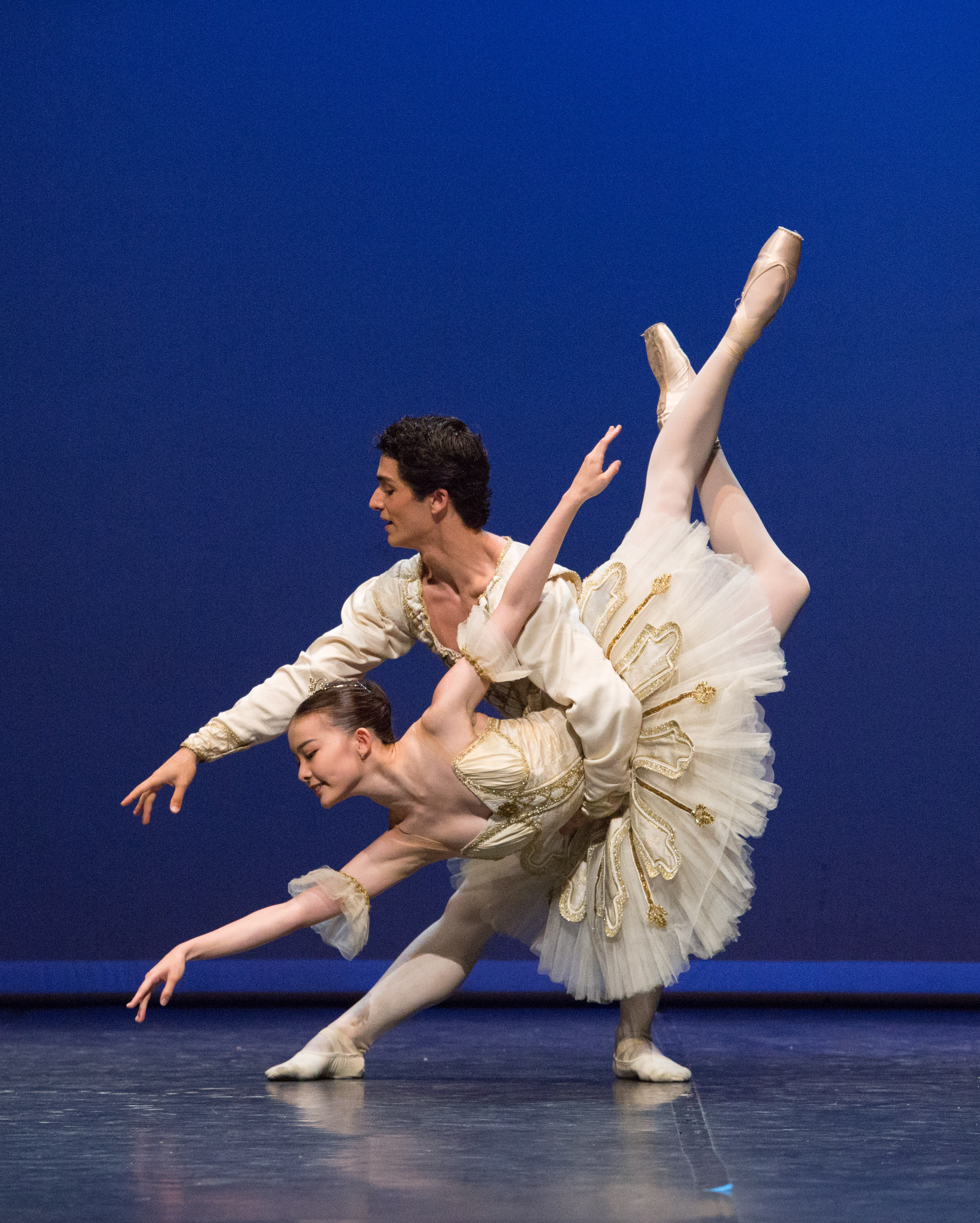
Higher Education Cycle – Higher National Diploma in Professional Dance Performance (DNSP) (Students aged 16 to 21)
Its objective is to deepen the training of the dancer-performer, developing their artistic personal profile through mastery of the classical and contemporary techniques, alongside artistic and professional practice.
This 3-year cycle is founded on a comprehensive artistic training, enriched by artistic and theoretical contributions. It leads to both obtaining the DSNP Dancer Degree and Bachelor’s Degree Ingemedia from University of Toulon.
Students in their senior year can choose from two options, according to their professional project :
- Joining a junior company (the Cannes Junior Ballet Rosella Hightower) where students finalise their training in real-life conditions
- Entering into an apprenticeship with a schedule alternating between training at the PNSD and immersive practice in a professional dance company
INFORMATION NOTE
As part of a partnership with the University of Toulon Var, every student enrolled in DNSP2/3 is automatically* enrolled in the Professional Bachelor's Degree in Sound and Image Techniques (TCSA) as part of a joint training program.
*Proficiency in the French language is required for enrollment in the Bachelor's program. Non-French-speaking dancers must obtain a DELF level B1 certificate, no later than during the 2025/2026 academic year.
The DNSP2/3 class program and the annual timetable are structured in an integrated manner around both the DNSP Dancer curriculum and the Bachelor’s curriculum.
Subject to validation of all the program’s modules, this pathway allows a dancer to obtain simultaneously the DNSP Dancer diploma and the Professional Bachelor's Degree in Sound and Image Techniques, Intermedia track.
INTERMEDIA Track: Technologies in the performing arts – intermedia approaches (options: dance, music, theatre)
Field: Humanities and Social Sciences
Specialization: Sound and Image Techniques
Department: UFR Ingémédia
This program is completed over two years in partnership with the PNSD Rosella Hightower. The INTERMEDIA track focuses particularly on the contribution of new technologies to live performance. Alongside a curriculum in their respective artistic practices, students acquire through this degree a technical complement and critical insight into the impact of new technologies on the performing arts in the 21st century.
The professional Bachelor's Degree in "Sound and Image Techniques" provides performing arts professionals with knowledge of digital creation tools.
This partnership forms the link between the National Higher Professional Diploma for Dancers (DNSP) and Bachelor's degrees, in accordance with:
the decree of December 23, 2008, regarding the DNSP and setting the conditions for awarding this higher education diploma; the circular of April 7, 2009, concerning higher education in Culture in the regions, specifically in the fields of visual and performing arts.
The DNSP Dancer degree offers ERASMUS+ exchanges IN and OUT (Find out more)
STUDENTS : looking for a scholarship or accommodation ? Submit your request to the CROUS of Nice.
Pass rates for the Higher National Diploma in Professional Dance Performance over the past 5 years :
- Year 2022-2023: 100 % in initial training class DNSP3 // 88.24% through apprenticeship
- Year 2021-2022 : 100 % in initial training class DNSP3 // 92.30% through apprenticeship
- Year 2020-2021 : 100 % in initial training class DNSP3 // 100% through apprenticeship
- Year 2019-2020 : 100 % in initial training class DNSP3 // 72.72 % through apprenticeship
- Year 2018-2019 : 100 % in initial training class DNSP3 // 87.50 % through apprenticeship
